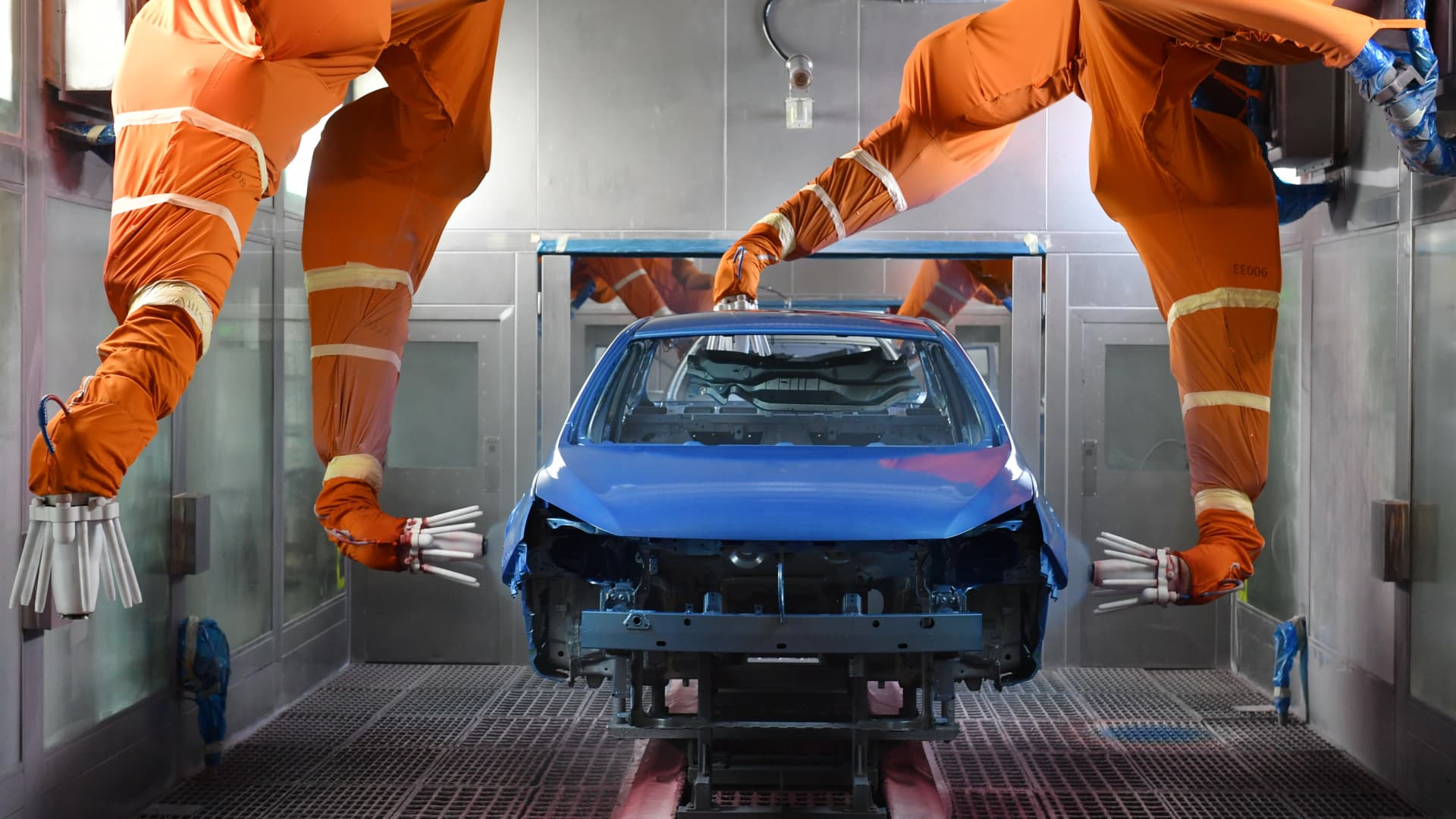Morgan Stanley says cheaper electric vehicles are coming — and names the global stocks set to benefit

As electric cars become increasingly popular, a new manufacturing technique that could make them more affordable is garnering interest, according to Morgan Stanley. Automakers are increasingly turning to one-piece aluminum casting and unibody design as a way of reducing weight and costs, according to the Wall Street bank’s analysts. Previously, low manufacturing efficiency had prevented the widespread adoption of such methods. But the analysts said that Tesla ‘s successful production of its Model Y rear floor from such a technique has spurred change across the industry. “The breakthrough in large-size one-piece die casting, first implemented by Tesla on the Model Y rear floor in 2020, has changed the game for the use of aluminum in structure parts,” said the analysts led by Shelley Wang. In a note to clients entitled “Unibody Casting: Enabler of Cheaper EVs,” the analysts said benefits for automakers include lower material costs from fewer parts, higher metal recycling, and higher production efficiency due to fewer welding points. Asian automakers are outsourcing this process which could benefit three leading parts suppliers, according to Morgan Stanley: The investment bank is overweight on Wencan, which it says has taken the lead in this sector. The company started delivering rear floor parts for NIO ‘s ET5 model and expect further projects from Li Auto and Huawei in 2023. As a result, Morgan Stanley expects the Shanghai-listed buy-rated stock to rise by 18% to 78 Chinese Yuan ($11.5) over the next 12 months. Another Zhejiang-based car parts maker, Tuopu, is expected to “aggressively” expand into unibody manufacturing, the bank said. But the analysts expressed mixed feelings about the company, noting its increase in market share but also concerns over cash outflows as a result of significant spending needs. The bank is “equal-weight” on the stock. Morgan Stanley is similarly “equal-weight” on Xusheng , which recently won orders from BYD and has extensive know-how in aluminum casting. However, it noted that sales to Tesla, which accounted for 40%-60% of total revenues over the five years, are declining. — CNBC’s Michael Bloom contributed reporting.









